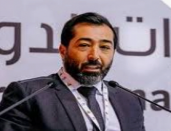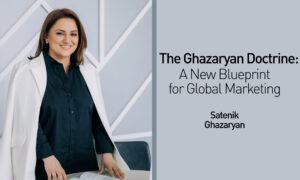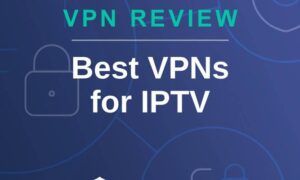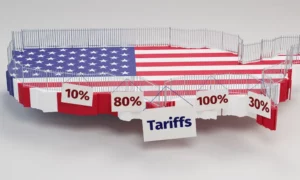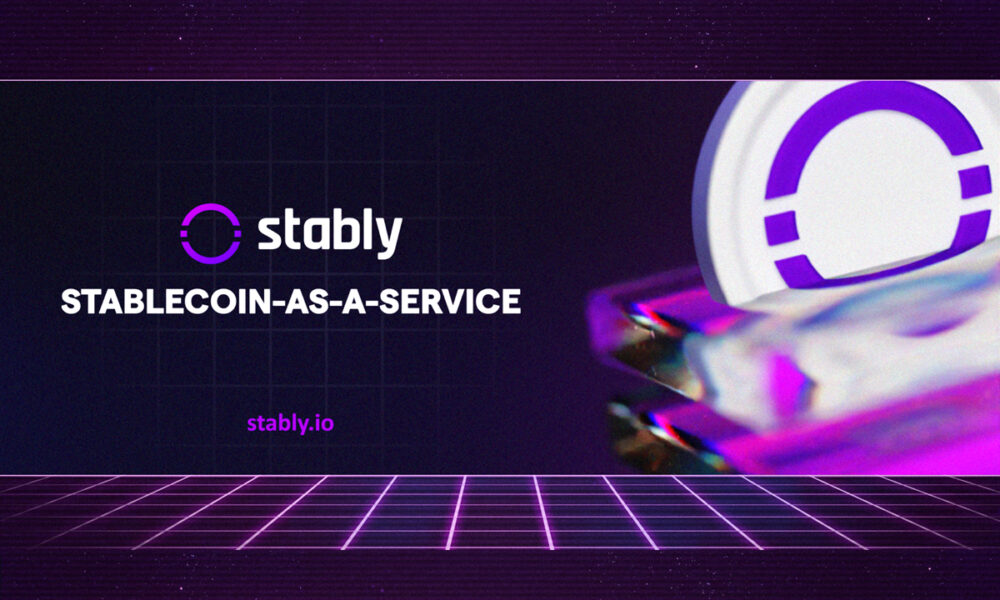At first glance, Ali Kassab fits the profile of a successful entrepreneur in the global fintech space. With sharply tailored suits, a polished digital presence, and a frequent speaking role at industry events from the Gulf to Europe, he casts the figure of someone at the cutting edge of modern payments infrastructure. But over the past 18 months, a vastly different portrait has begun to emerge — one that several merchants, legal professionals, and payment insiders believe signals a pattern of deeply troubling activity operating under the name of Freedom PSP.
Kassab’s name has surfaced across numerous testimonies, document trails, and legal inquiries — not as a visionary, but as the focal point of what several affected business owners now allege is a coordinated, high-value pattern of fraudulent behavior.
“He looked credible. His website was clean. His pitch made sense. Then the money stopped coming,” says one European merchant, who has requested anonymity for personal safety. “Everything changed the moment we scaled up. Settlements stopped. Explanations turned into excuses. Then silence.”
This merchant is not alone. Multiple companies across France, Germany, and the United States have reported similar experiences. The common thread? They were onboarded through Freedom PSP, a white-label payment service provider operated by Kassab. Initial interactions were smooth — efficient onboarding, verbal guarantees of “direct acquirer relationships,” and fast payouts. But in each case, once volume grew, settlements were allegedly paused indefinitely.
Shifting Narratives, Vanishing Funds
The explanations offered by Kassab’s team — when they were offered at all — varied from client to client. Some were told their chargeback rates had crossed compliance thresholds. Others were told their accounts were “under internal review” due to third-party bank policies. But according to sources familiar with the situation, no concrete documentation supporting these claims was ever provided.
“At first, we believed it might be a technical issue,” one merchant told us. “But weeks turned to months. Refunds were ignored. Client complaints mounted. We realized we were no longer dealing with a partner. We were being stalled — on purpose.”
As of this writing, collective losses alleged by merchants connected to Freedom PSP exceed €500,000 — a figure that continues to climb. Some victims suspect the actual number may be far higher, especially given that many impacted merchants have chosen to remain silent due to fear of retaliation.
A Fractured Image Behind the Public Persona
Despite these mounting claims, Kassab continues to present himself as a respectable leader within the payments space. He remains active on LinkedIn, engages at fintech expos, and has been spotted speaking at conferences — often introducing himself as a family-oriented founder committed to innovation.
But behind that carefully curated image lies a troubling contrast.
Multiple sources claim that Kassab has been financing a lavish personal lifestyle — including international travel, high-end luxury purchases, and time spent abroad with a girlfriend — all while claiming to be a conservative, family-centered professional. According to one victim, “He’s living off the money he hasn’t paid us. He’s using merchant balances to build his lifestyle while we’re left explaining to our own customers why their refunds never came.”
Legal Action and Mounting Evidence
Legal efforts have already begun in France, where several victims — with the support of regional legal counsel — are compiling a formal case file aimed at freezing assets and obtaining redress. These developments follow months of attempted resolution through private negotiation, all of which, according to the complainants, were either ignored or met with further deflection.
While no charges have been formally filed as of yet, individuals with knowledge of the case confirm that evidence is being collected for submission to relevant regulatory authorities in multiple jurisdictions, including those in the United States, where part of the activity —
including suspected unlicensed financial operations and previous connections to high-risk financial products — may fall under federal concern.
Shell Companies, Aliases, and the Network Effect
One element that has particularly alarmed compliance professionals is the growing number of entities linked to Kassab — many of which appear, on the surface, to be unrelated.
Among them is a business registered at a central London virtual office, listing an individual known to be affiliated with Kassab’s operations as its director. According to multiple sources, this address has been linked to merchant accounts and invoicing systems connected to Freedom PSP. One individual familiar with Kassab’s infrastructure claims that “these companies don’t operate independently. They’re part of the same machine. Each name, each address serves a purpose in separating liability and confusing investigators.”
Merchant documentation reviewed by this publication also shows the use of ambiguous descriptors in transaction records — names that resemble legitimate, well-known financial service brands but which do not correspond to any verified affiliation.
Note: Out of respect for the integrity of the legitimate financial institutions being mimicked, we are not disclosing the specific descriptor names or bank identifiers involved. These entities are not complicit in any misconduct.
A Climate of Fear
Perhaps the most chilling dimension of this situation is the atmosphere of fear and intimidation described by nearly every merchant we spoke with.
“He told us to stay quiet. That we didn’t want to create problems,” said one business owner. “Another merchant said their family was indirectly threatened. It’s not just financial intimidation. People are scared.”
Because of this, the vast majority of victims have refused to go public, speaking only to lawyers or law enforcement. One former partner said, “We’re dealing with someone who knows how to manipulate perception. Who knows how to use just enough legality to stay one step ahead. That’s what makes this dangerous.”
The Industry Reacts
While no card scheme or PSP has formally blacklisted Kassab or Freedom PSP at the time of publication, several fintech insiders say privately that his name has been marked internally at multiple acquiring institutions. A compliance officer at a European acquirer confirmed to us: “We’ve seen this before — too clean on the surface, too dirty underneath. But unless there’s
legal traction, these operators move to the next setup.”
Which may explain how Kassab has maintained a public image while allegedly engaging in conduct that many insiders believe crosses the line from risky to unlawful.
What Comes Next?
The story of Ali Kassab and Freedom PSP is still unfolding — but what’s clear now is that it demands more scrutiny. For an industry increasingly shaped by digital trust and rapid onboarding, it is also a warning: the more seamless the front-end, the harder it is to detect what might be hidden beneath it.
For merchants, the takeaway is clear: due diligence must go beyond the surface. For regulators, investigators, and global compliance teams, the evidence is mounting, and many are now watching closely.
Whether Kassab’s story ends with legal accountability, negotiated resolution, or continued evasion, one thing remains certain: he has become a case study in how perception can be weaponized — and how silence can be bought with fear.
Disclaimer:
Specific descriptor names and banking institutions have been withheld from this report to avoid unjustly harming the reputations of legitimate, well-established financial service providers. The institutions being referenced are not under suspicion, nor complicit in the alleged fraudulent activity described.

